2021 Editors’ Choice Poems: Week 3
2021 Editors' Choice Poems
Week 3Poetry Month Contest
Submit 1-3 poems of any form or style that speak to Remembering/Reckoning as a response to the traumas of 2020
“Inaugural”
by Maggie Bowyer
I watched the screen
With my breath held
In between my teeth.
A familiar feeling,
Watching Washington
On another Wednesday.
I waited for the disarray,
The brigade of ostentatious White supremacy, treason,
The rejection of reality.
Flags waved in place of faces, A somber day in history;
As they made their promises
And performed their traditions,
I asked God for one commitment: May we not forget all we have
Learned
Lost
Lamented
Illuminated.

Maggie Bowyer (they/them/theirs) is a poet, cat parent, and the author of The Whole Story (Margaret Bowyer, 2020) and When I Bleed: Poems about Endometriosis (2021). They are a blogger and essayist with a focus on Endometriosis and chronic pain. They have been featured in Bourgeon Magazine, Germ Magazine, Detour Ahead, Written Tales, and Scribe. They were the Editor-in-Chief of The Lariat Newspaper, a quarter-finalist in Brave New Voices 2016, and they were a Marilyn Miller Poet Laureate.
“S.1368”
by Bailey Godwin
The largest tribe of the East,
130 years of not being enough.
As president,
I am committed
to looking out for the needs of every American,
including those of Native American heritage.
Dragging feathers
of fallen ancestors,
as if they were ever a burden;
Or as if they were bricks,
red, for those who couldn’t fend off the devil’s pawns.
For more than a century,
the Lumbee Tribe of North Carolina
has sought
for Federal recognition,
but has been met with indifference
and red tape.
They’re all sleepy kids
wanting to stay awake
because if they go to sleep
they might never know who they are.
I am announcing my full support for S.1368,
The Lumbee Recognition Act,
But good things come to those who wait,
which would make qualifying members
to those who strive,
of the Lumbee Tribe
to those who rise.
eligible
for the services and benefits provided
to members of federally recognized tribes.
It doesn’t make up for it,
it’s a detail in the bigger picture.
But balloons float high today,
flags stay raised. People stay hopeful.
They chant:
Lumbee Nation is forgotten no more!
Bailey Godwin started writing at the age of six. She tells people writing is the one thing she can’t live without. To her, it’s a healer, a challenger, and a friend. She is attending the University of Florida for journalism and has been published previously for her fiction and poetry.
“Nursery Rhyme”
by Phoebe Levitsky
What if she sneaks out at night to find places to go, and
It’s a novelty so at first she doesn’t tire of walking in the woods all alone so
She screams as loud as she can and no birds wake up disgruntled and squawking,
And she steps too lightly to echo across the water, and
The novelty fades because she realises the world wasn’t made for her
What if the world has no place for her?
She thinks it does, but she also thinks her body lies miles away, in a world of man made lights and streets
And on her days that aren’t her good days she drowns that thought out with the gummy, erratic rhythm of her heartbeat
But on her days that are her good days she leans into it, sometimes
And pushes hard against the envelopes she gets from her family and friends
And sees her lack of a person as a chance to start over again
And she wonders, what if she is the woods, and has been the whole time
And the leaves slicked to the ground become thousands of pairs of her eyes
And the green and the blue and the brown is herself
And she doesn’t get allergies, and time never melts
And what if she stands so endlessly, quiveringly still
That time congeals around her and condenses on her windowsill
And what if the weather loses its hold and she bakes mud pies in the rain
And water sloshes at her elbows so she starts over again
And what if she is wary and she learns to greet the nighttime breeze
And salt crusts on her lips, and radishes grow from her elbows and knees
So what if she walks alone, for so do the deer and the mice and the weeds
And she screams that she is real, so she is queen of all she sees.
Phoebe Levitsky is a high school junior at Saint Ann’s School in Brooklyn, NY, and although she mostly writes lyric fiction with a tendency towards the surreal, recently she has been really enjoying diving into poetry and playwriting as well. She spends most of her free time reading and writing, but when she’s not doing either of those she is usually arguing with her friends about some obscure Dungeons and Dragons rule or baking bread.

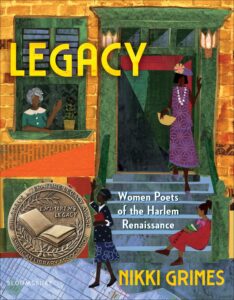 This is more of a collection of poems and visual art than a novel in verse, but I’m including this book because it’s become one of my new favorites. Using the Golden Shovel poetry form, Grimes takes one line or short poem from a Black female Harlem Renaissance poet and uses it to make her own poem. The book itself is formatted so you read the Harlem Renaissance poem first and then the poem it inspired Grimes to write. Each set of poems is also accompanied by visual art by Black women, including Vashanti Harrison and Shada Strickland. As a whole, the poetry and illustrations work together to bridge the past and present.
This is more of a collection of poems and visual art than a novel in verse, but I’m including this book because it’s become one of my new favorites. Using the Golden Shovel poetry form, Grimes takes one line or short poem from a Black female Harlem Renaissance poet and uses it to make her own poem. The book itself is formatted so you read the Harlem Renaissance poem first and then the poem it inspired Grimes to write. Each set of poems is also accompanied by visual art by Black women, including Vashanti Harrison and Shada Strickland. As a whole, the poetry and illustrations work together to bridge the past and present. Long Way Down by Jason Reynolds
Long Way Down by Jason Reynolds Every Body Looking by Candice Ihoh
Every Body Looking by Candice Ihoh

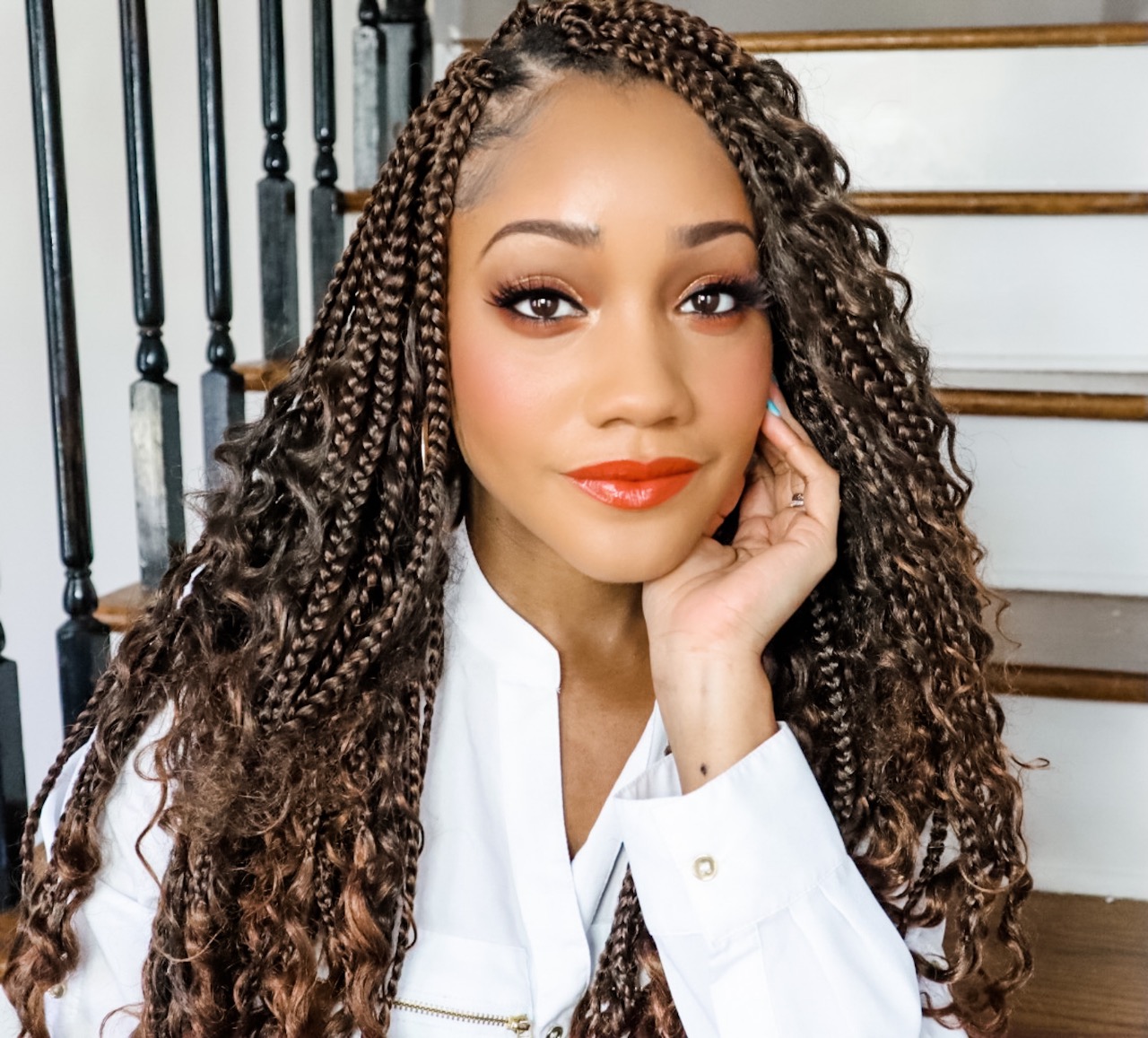
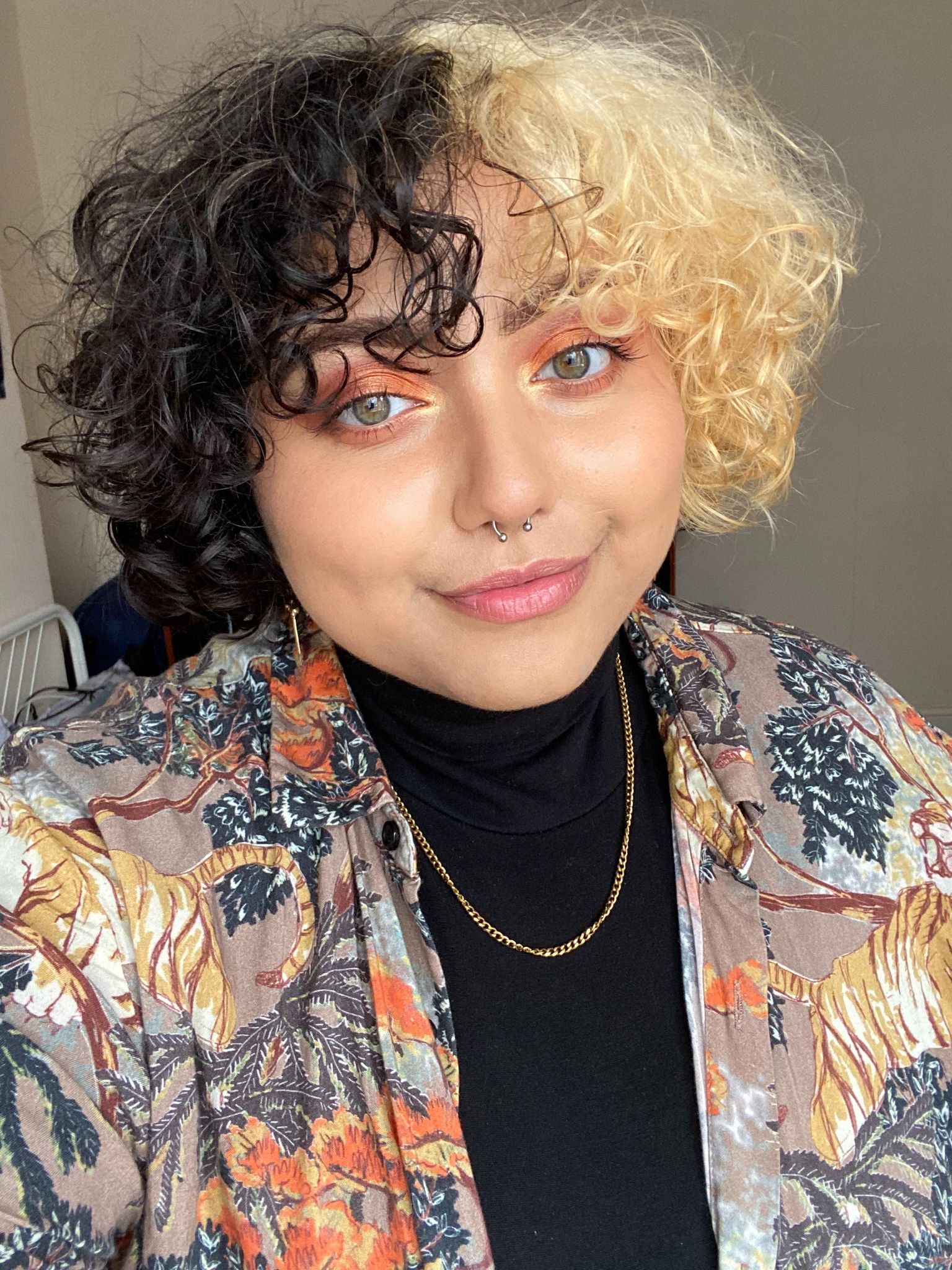
 The world made in these poems is stitched together by fragile associations—half made, tenuous. The language is incantatory, impressionistic. In “Preserving,” the form of the poem moves stanza by stanza with a word or image occasioning the next. The first, “I can spend a whole winter / in the summer of these lemons / if they’ve covered in enough salt,” leads to the next, where “Trucks are salting the roads / so I can drive . . .” An image of walking leads to an image of falling. Although this form is not as pronounced in other poems, overall the poems are made of these associations. Half-starts & skips. They are juxtapositions—a setting side by side of notions of the poet’s imagination (for better or worse). Sometimes, they offer a snapshot of worst-case scenarios or the kinds of ingrained knowledge that accumulate in small towns or rural areas of what could happen—because it’s happened before.
The world made in these poems is stitched together by fragile associations—half made, tenuous. The language is incantatory, impressionistic. In “Preserving,” the form of the poem moves stanza by stanza with a word or image occasioning the next. The first, “I can spend a whole winter / in the summer of these lemons / if they’ve covered in enough salt,” leads to the next, where “Trucks are salting the roads / so I can drive . . .” An image of walking leads to an image of falling. Although this form is not as pronounced in other poems, overall the poems are made of these associations. Half-starts & skips. They are juxtapositions—a setting side by side of notions of the poet’s imagination (for better or worse). Sometimes, they offer a snapshot of worst-case scenarios or the kinds of ingrained knowledge that accumulate in small towns or rural areas of what could happen—because it’s happened before.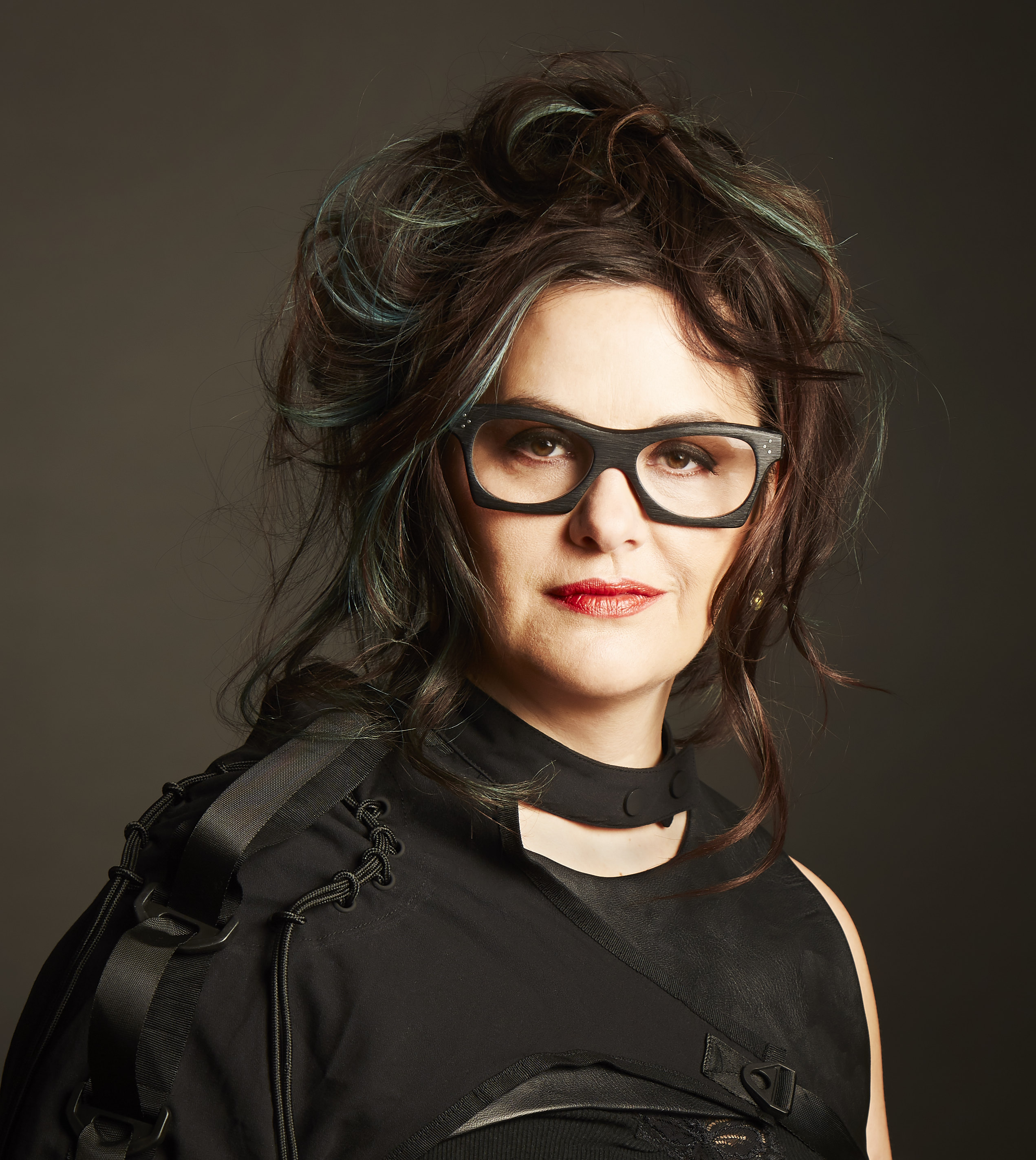
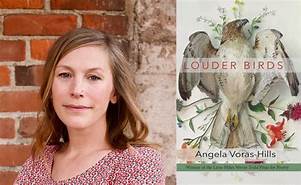

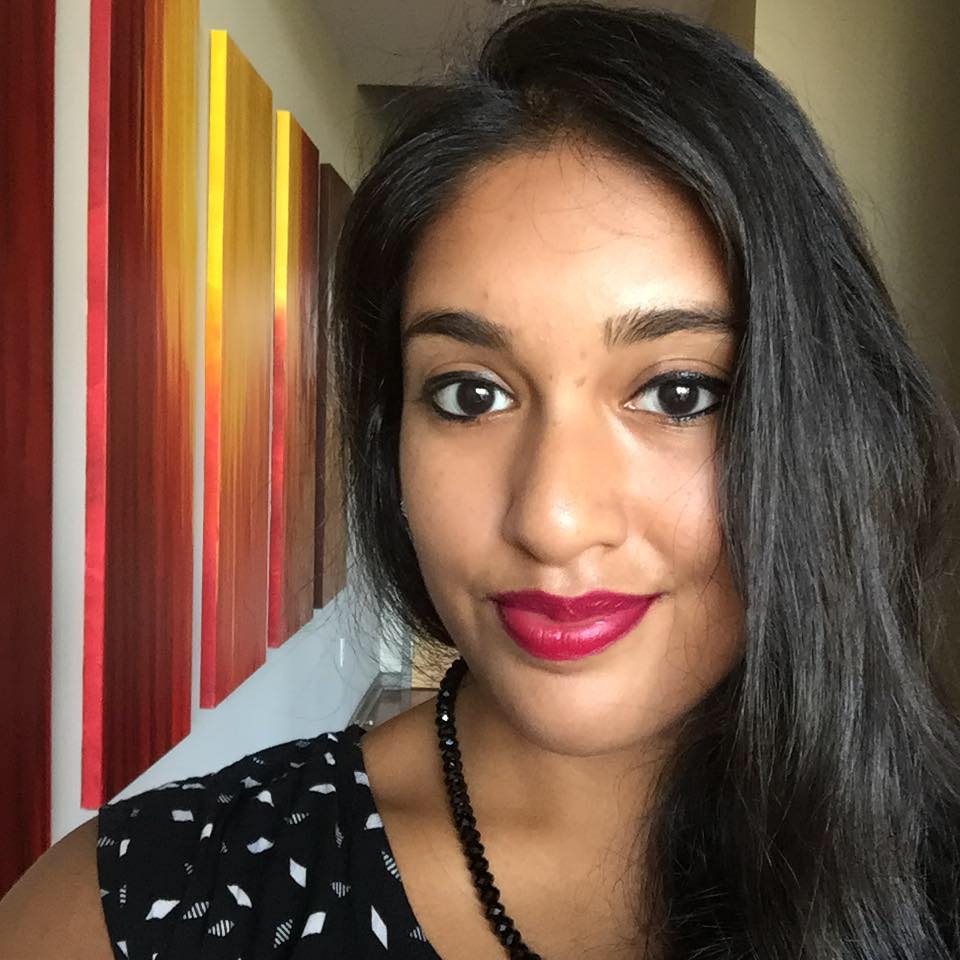
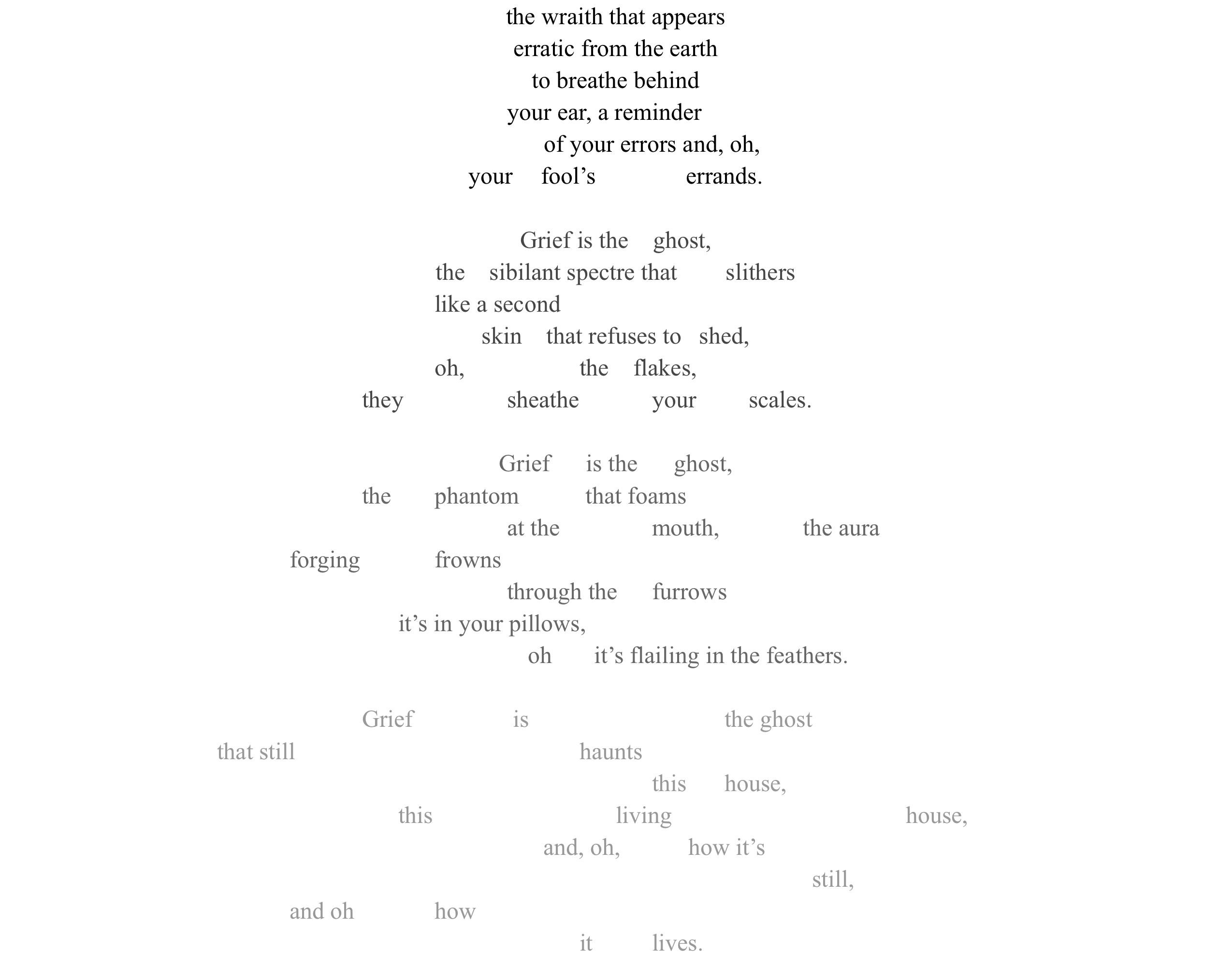

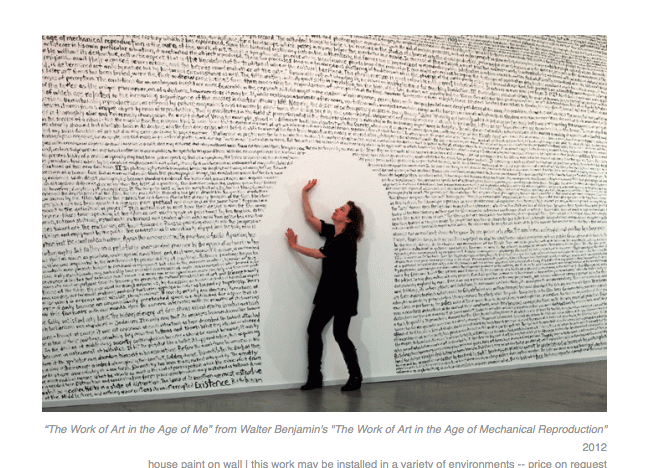





Recent Comments